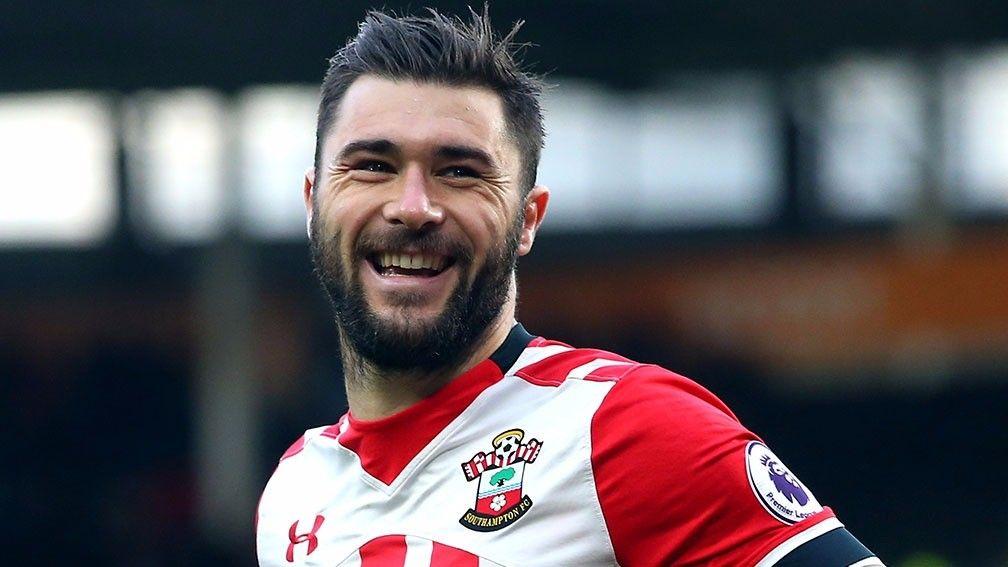Early goals do not always open the floodgates
The Soccer Boffin gives us more wise words

Charlie Austin scored after 41 seconds for Southampton against Everton. Nobody scored in the rest of the match. That was only one match, though, and it might have been unusual. Generally speaking, does an early goal have an influence on scoring in the rest of a match – and if so, how?
Many football fans believe an early goal raises the number of goals scored later. Are they right?
I looked at Premier and Football League games played in the last 19 seasons, 1997-98 to 2015-16.
When there was a goal in the first minute, the average number of goals scored in the other 89 minutes was 2.63. When there was no goal in the first minute, the average number of goals scored in the other 89 minutes was 2.57.
These numbers are almost the same. On average slightly more goals were scored after a first minute goal than after a first minute without a goal. Only ever so slightly more, however. The difference was equivalent to one goal for every 16 or 17 games in each category.
And it might be explained by the type of game in each category. Early goals came in games that were likely to produce more goals anyway.
Overall in these games the difference in league position between teams was wider than average and most of the early goals were scored by the higher-placed participant. These games should have been less evenly balanced than others. And therefore likely to generate more goals.
As I often say, the greater the difference in ability between two teams the higher the score is likely to be.
Let’s allow play to develop a bit more and then take another look. How does the number of goals scored in the first half affect the number of goals scored in the second half?
Again I looked at Premier and Football League games from the last 19 seasons. The average number of goals scored in the first half was 1.1.
After a first half with no goals or one goal, the average number of goals scored in the second half was 1.42. After a first half with two goals or more, the average number of goals scored in the second half was 1.50.
On average more goals were scored after a high-scoring first half than after a low score one. But again the difference was small. It was equivalent to one goal for every 12 or 13 games in each category. And again it might be explained, at least in part, by the type of game in each category.
Perhaps the best way to put it is like this. Does the number of goals scored so far influence the number of goals that will be scored in the rest of the match? Not in any way you should be able to notice with the naked eye.
Bet on football at soccerbase.com
Teams tightest at the very start
The chance of a goal in the next 60 seconds goes up as a game goes on because time has passed, irrespective for all practical purposes of how many goals have been scored so far.
The graph below shows average goals per minute in Premier and Football League games over the last 19 seasons, 1997-98 to 2015-16.
In each half the chance of a goal started low then rose quickly for a few minutes before increasing more slowly throughout the rest of the half.
There were big jumps in the 45th and 90th minutes, but only because those last longer than 60 seconds. They include time added by the referee for stoppages in earlier minutes of the half.
Compare goals recorded in the 45th minute with those in the 44th minute, and goals recorded in the 90th minute with those in the 89th minute. The comparisons suggest approximately three times as many goals were scored in the 45th minute as in the 44th, and approximately five times as many in the 90th minute as in the 89th.
This suggests referees added an average of two minutes to first halves and an average of four minutes to second halves, which is what actually happens in the Premier League. (I do not have stoppage time data for many seasons for the Football League).
Why were so few goals scored near the start of each half? Perhaps because the ball is kicked off from the halfway line and either side there are ten players between it and the goal. Everyone should be in position and alert. As time passes and play ebbs and flows players are more likely to switch off or drift out of position.
When Everton conceded after 41 seconds at Southampton, manager Ronald Koeman complained: “Our start was really poor because even the kick off was ours.”
Published on inBruce Millington
Last updated
- Vaccine offers hope that sport will open its doors and is something to celebrate
- DeChambeau's approach doesn't appeal to me, but his price certainly does
- We'd do well to pay greater respect to life's uncertainties
- Bruce Millington: celebrate the range of racing options rather than cutting back
- Villa are clearly on the up but theirs odds oversell the chance of a title miracle
- Vaccine offers hope that sport will open its doors and is something to celebrate
- DeChambeau's approach doesn't appeal to me, but his price certainly does
- We'd do well to pay greater respect to life's uncertainties
- Bruce Millington: celebrate the range of racing options rather than cutting back
- Villa are clearly on the up but theirs odds oversell the chance of a title miracle